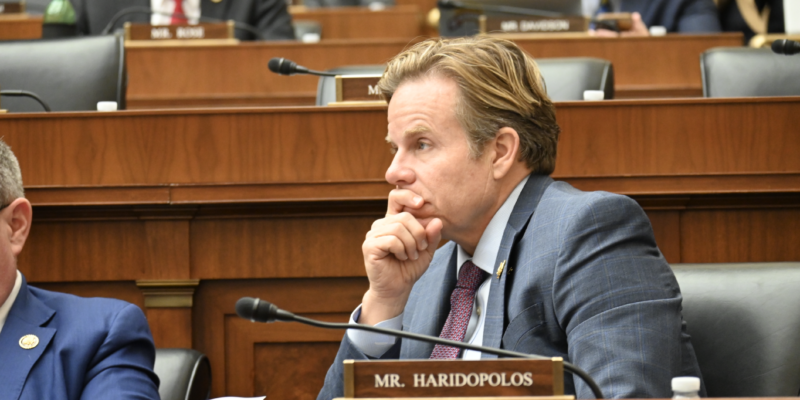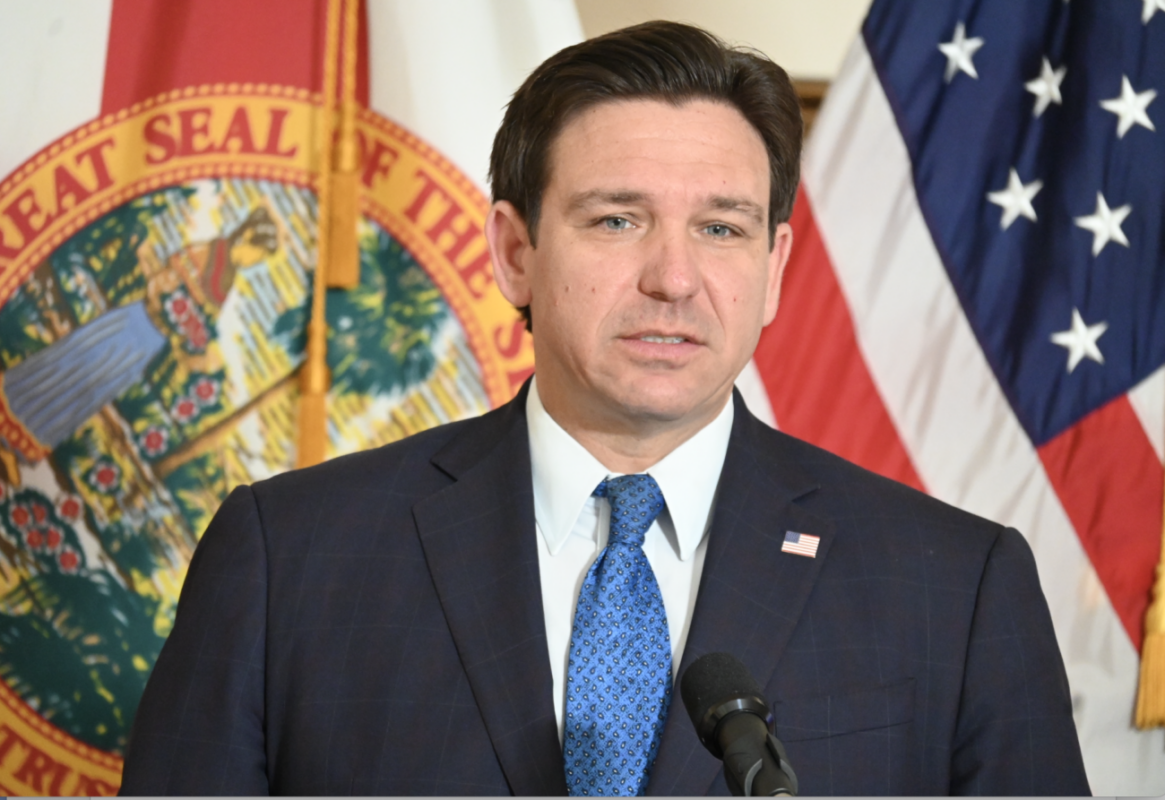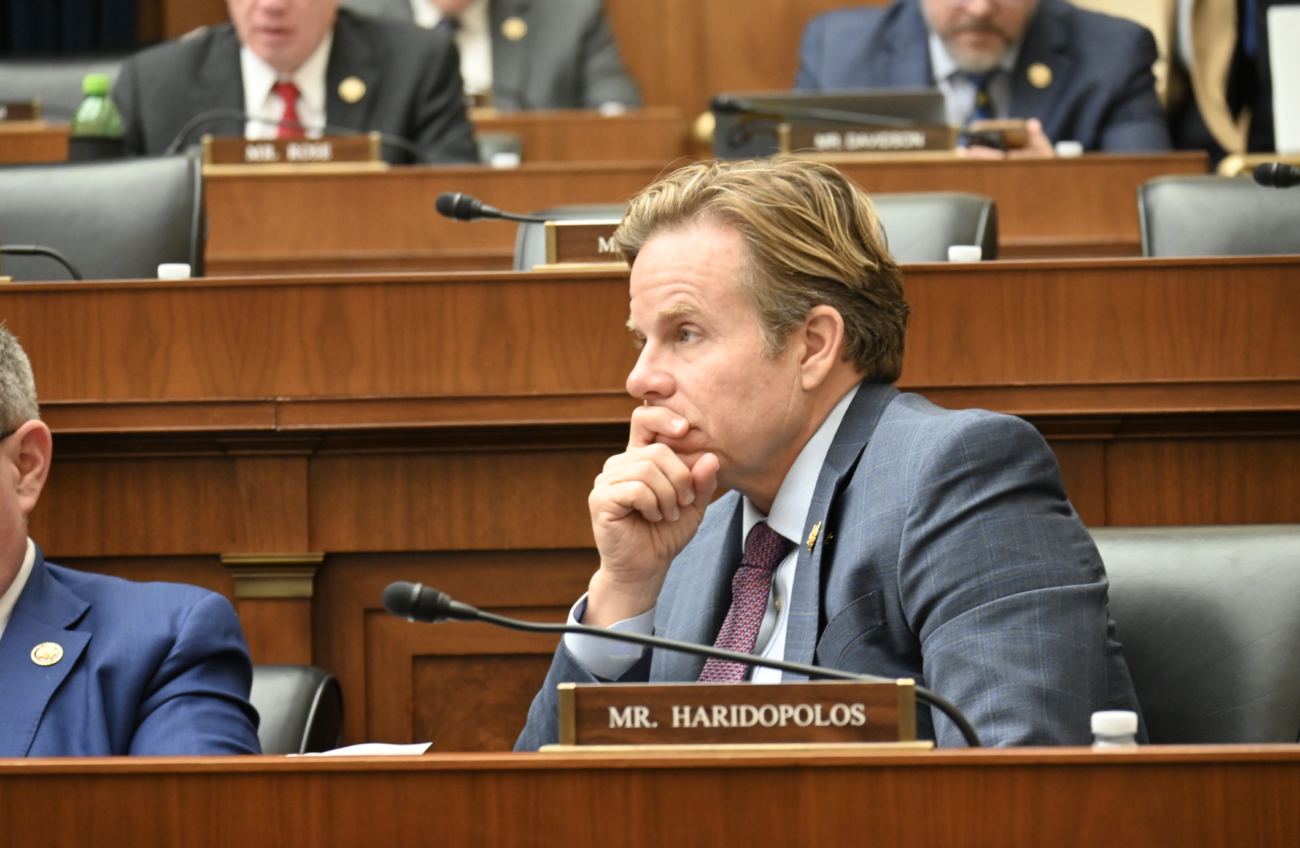Representative Mike Haridopolos (R-FL) hosted a Space and Aeronautics Subcommittee hearing on the Artemis space program and future missions with George Washington University's Dr. Scott Pace and Purdue's Dan Dumbacher.
With the Artemis program, NASA intends to put humans back on the Moon for longer-term study, hoping to establish a precedent for manned missions to Mars someday.
Rep. Haridopolos began his questions with Dr. Pace, asking, "Each Artemis mission is a complex web of independent systems. Would any changes to the current Artemis mission architecture get us there faster, or are there more likely to be delays in how we return to the Moon?"
Dr. Pace answered that "the architecture itself" and "the policy direction is fine, [but] where I was particularly pointing at is the need for more sustainable, more reusable systems for going from the Earth to the Moon."
However, he did not suggest modifying the cores of Artemis II and III, as this "would produce more delays."
From there, Rep. Haridopolos turned to Dumbacher. His next question was, "NASA has faced a lot of challenges with Artemis. What lessons could we learn from our private partners who have had so much success over the last few years?"
"One of the lessons we can learn that would be most beneficial would be applying the rapid urgency and focus that we see from our private companies, the ability to solve and rectify problems in a very timely manner," Dumbacher replied, further noting that, as Dr. Pace suggested, "let's the tools in the toolbox we already have. The hardware [is] online with Artemis, and we might have to build a lander. We might have to scale down the current lander opportunities, examples that we have in work so that we can get to that 2030 landing."
Turning back to Dr. Pace, the Florida Congressman asked, "How can the US continue to leverage commercial partnerships to outpace international rivals in lunar exploration and beyond?"
Pace said international and private partners are necessary compared to the Apollo program in the current age.
"So we need our international partners to shape the environment. We need commercial partners to actually provide the innovation necessary to, in an affordable and sustainable way, make progress toward the Moon and Mars. I think the partnership there is not just simply one of money going back and forth and who builds what, but also in terms of just cutting down the kind of regulatory oversight that does not really always add value," Pace concluded.







